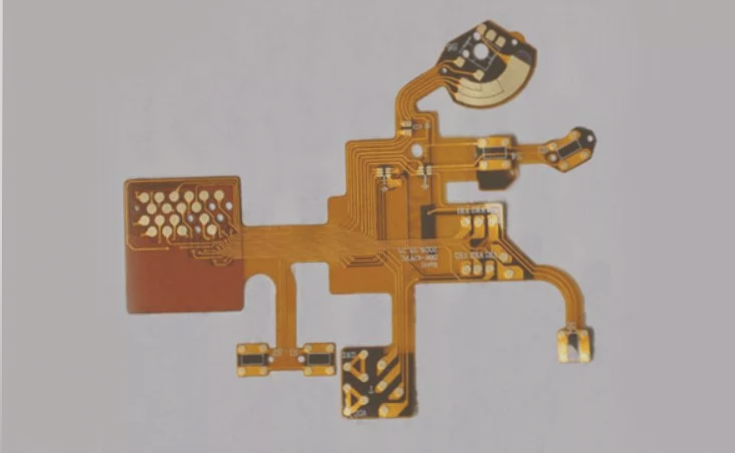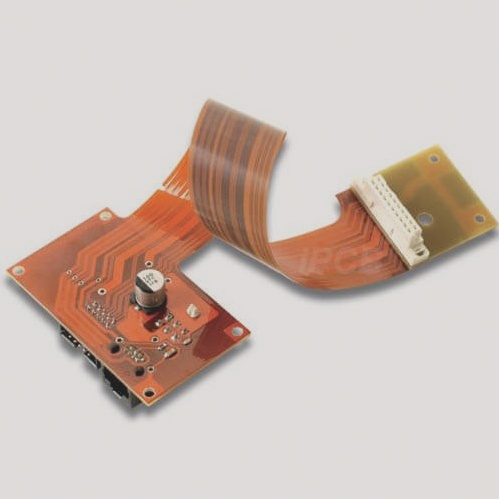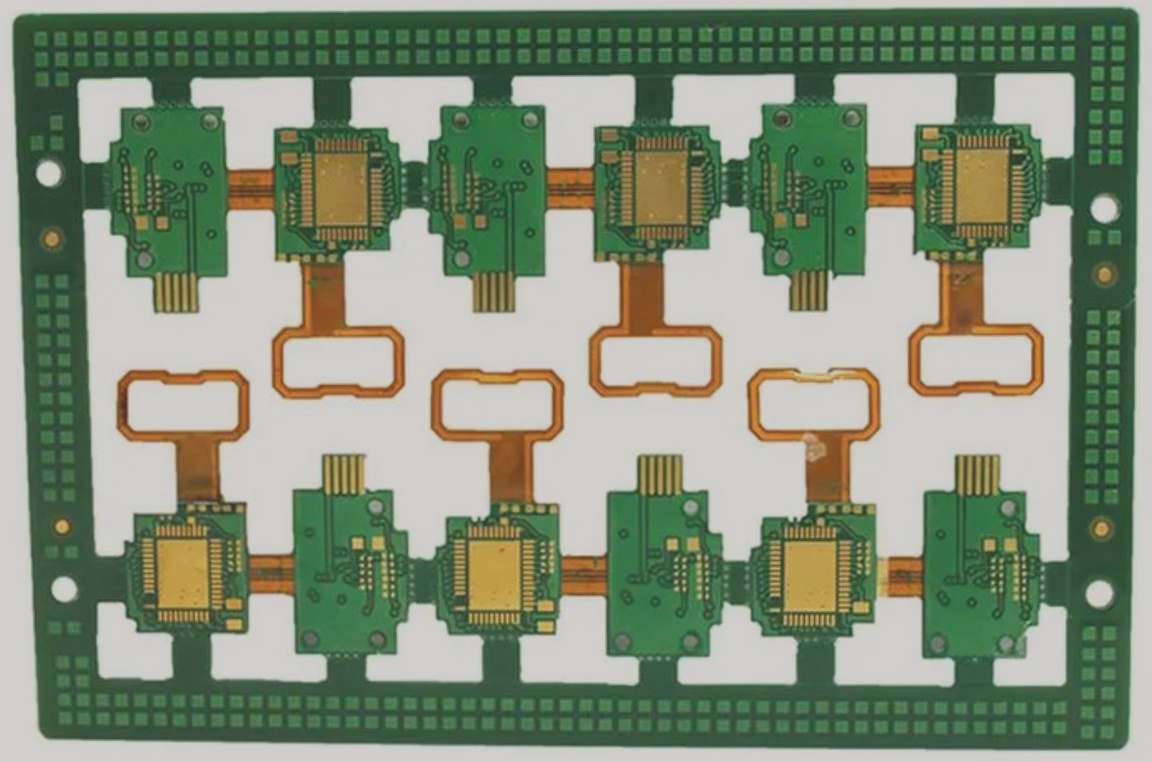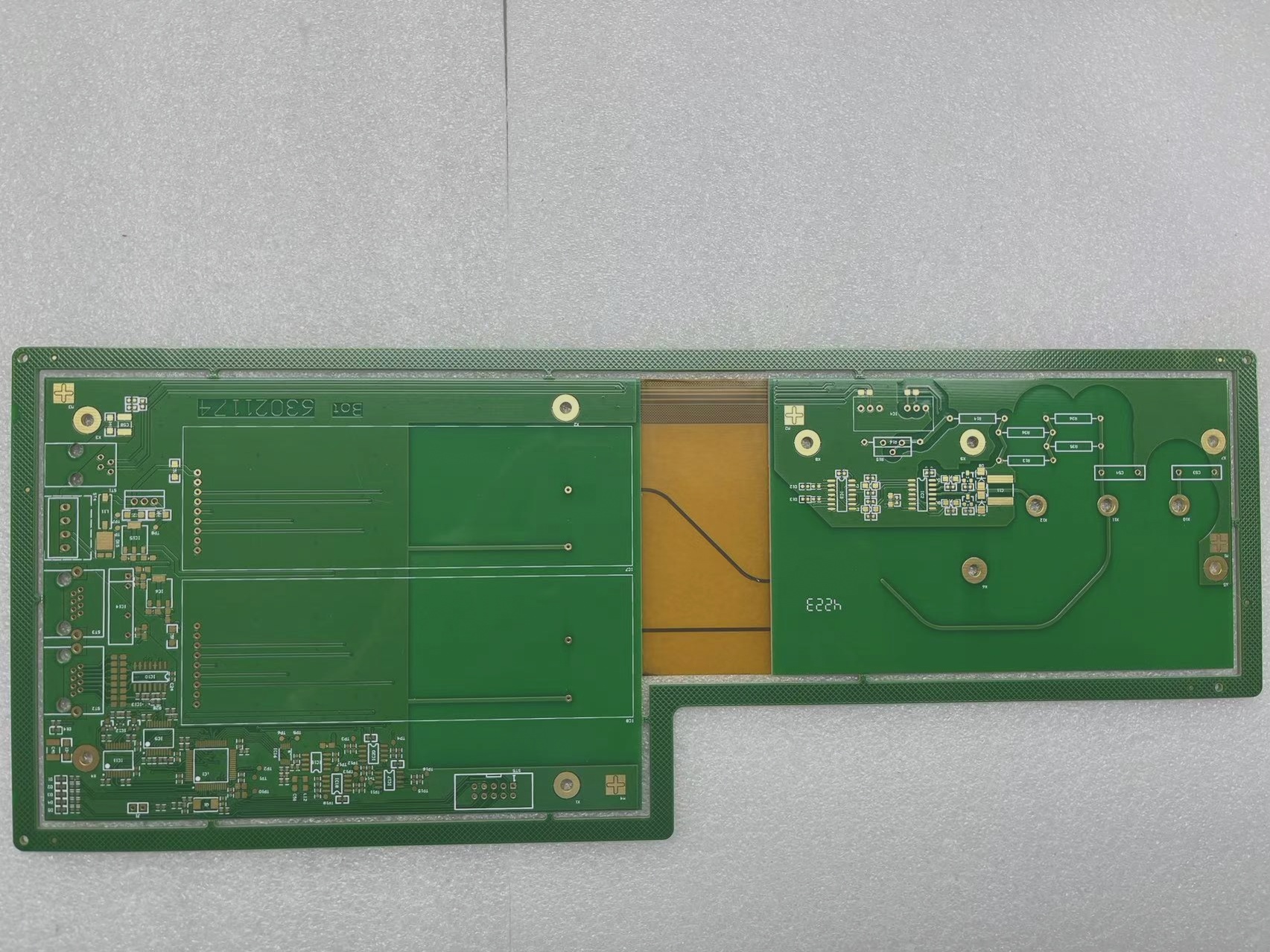Soldering Flex PCBs
In flexible circuit board (FCB) design, size is critical: larger boards facilitate soldering but increase impedance and costs, while smaller ones compromise heat dissipation and soldering control. Optimizing design entails minimizing wiring length, securing heavy components, managing heat dissipation, arranging components strategically, and avoiding prolonged heating to prevent copper foil issues. WellCircuits Limited offers expert FPC solutions and welcomes inquiries from new clients.




